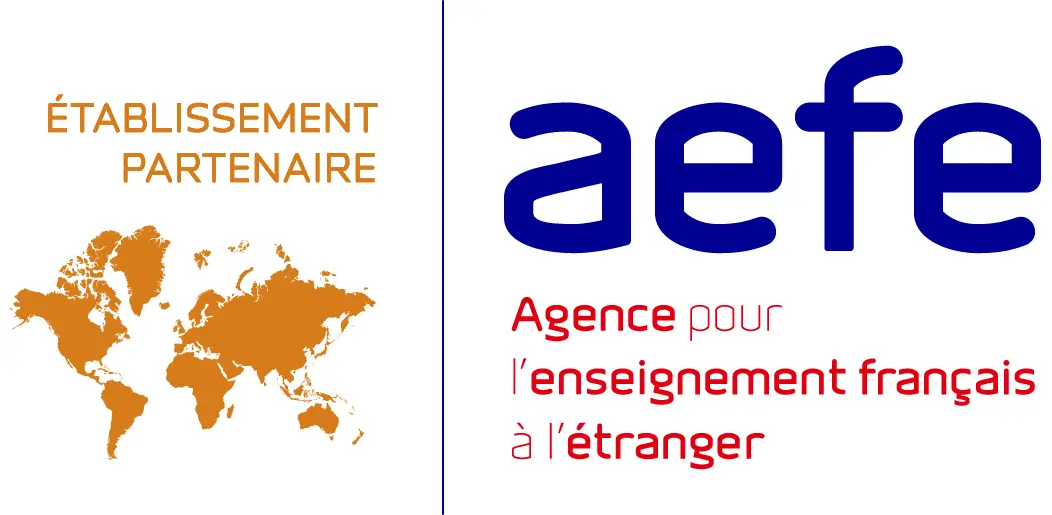Understanding consent and body autonomy is essential for young children’s development. Preschools play a pivotal role in introducing these concepts early, helping children understand personal space, emotions, and respect for others. Many preschools in Dubai are adopting progressive methods to teach the importance of respecting boundaries while empowering children to take ownership of their bodies. In this article, we explore how a preschool in Dubai approaches teaching consent and body autonomy in a way that is both age-appropriate and impactful.
Building the Foundation: Teaching Consent and Body Autonomy in a Preschool
Consent and body autonomy are fundamental concepts that go beyond simply saying “yes” or “no” to hugs or affection. They encompass a deeper understanding that everyone has control over their own body and that respecting others’ boundaries is a basic human right.
Preschools in Dubai focus on creating safe and respectful environments to teach these principles. By doing so, children learn that it’s okay to set personal boundaries and that respecting the boundaries of others is an essential part of building healthy relationships.
Key Approaches to Teaching Consent in Preschools
1. Using Respectful and Clear Communication
One of the primary methods used in preschool programs is teaching children the language of consent. Educators use simple, clear phrases to help children understand and communicate boundaries.
For example:
- When a child wants to play with a toy another child is using, teachers encourage them to ask, “Can I play with this?” instead of taking it without permission.
- This practice extends to physical interactions, teaching children to ask for consent in both social and physical contexts.
By modeling and reinforcing this language, children learn to respect others’ feelings and decisions.
2. Teaching Physical Boundaries and Personal Space
Preschools introduce the concept of physical boundaries early, helping children understand that everyone has the right to control their personal space.
- Role-playing scenarios: Teachers simulate real-life interactions, showing children how to ask for permission before touching someone, whether it’s for a hug, holding hands, or sitting close.
- Respecting responses: Educators emphasize that it’s okay to say “no” and equally important to respect when someone else says “no.”
These practices create a controlled environment where children can safely explore and internalize these important concepts.
3. Empowering Children to Say “No”
Preschools in Dubai teach children that it’s okay to refuse actions that make them uncomfortable.
- Whether it’s turning down a hug or asking for personal space, children are encouraged to assert themselves and trust their instincts.
- Teachers provide support by validating their feelings and showing them that saying “no” is a way to protect their boundaries.
By practicing this in a nurturing setting, children gain confidence in expressing their needs and develop a strong sense of self-respect.
Closing Remarks
Teaching consent and body autonomy in preschool is a vital step toward raising confident, respectful, and empathetic individuals. When children understand these principles early, they develop healthier relationships and a greater sense of self-worth.
At Le Petit Poucet, we are proud to foster an environment where children learn to respect their own boundaries and those of others. Our programs are designed to nurture self-expression, emotional intelligence, and progressive learning. Contact us today to enroll your child in a preschool that prioritizes their growth and development in every way.




 Previous Post
Previous Post 